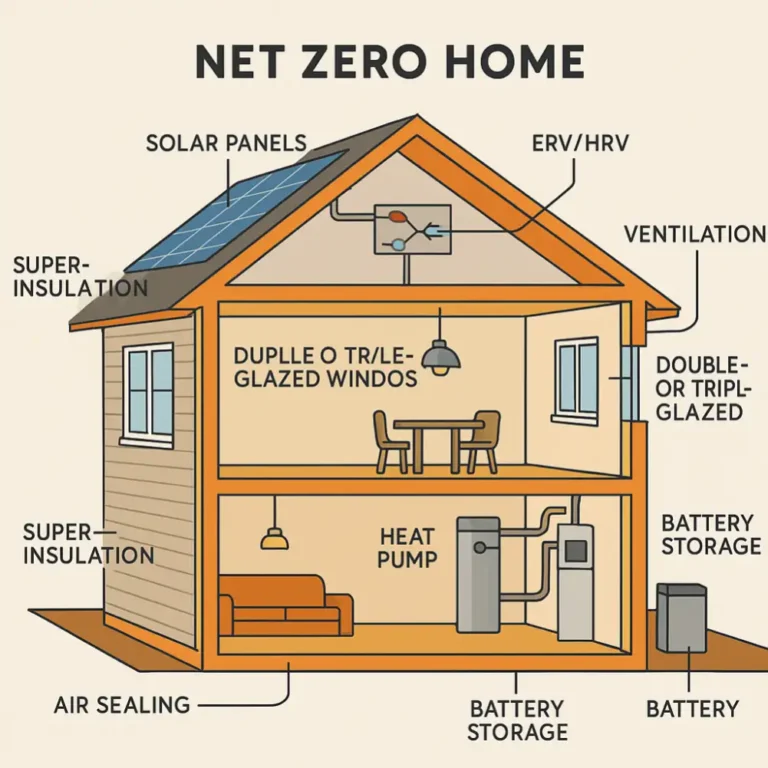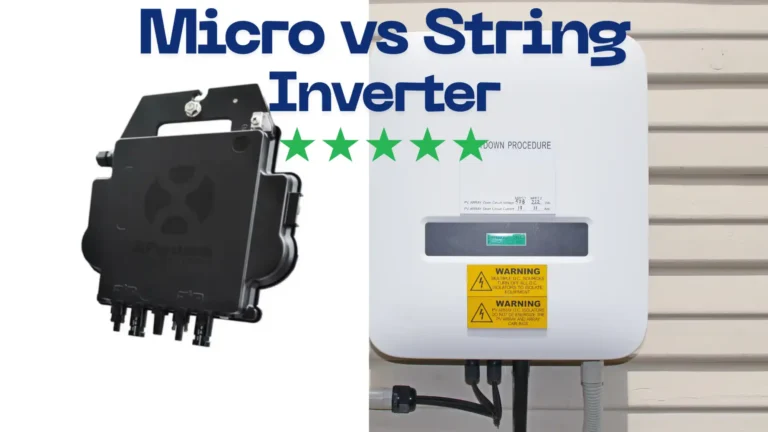Virtual appointments for canadians ONLY!
The Rationale Behind Adopting Renewable Energy

The embrace of renewable energy for residential purposes aligns with a myriad of environmental and economic benefits. This choice entails energy generation with a minimal or non-existent emission footprint of greenhouse gases, thereby curbing air pollution.
Additionally, it ensures a diversified energy supply, fortifying local energy security in the face of unpredictable weather events or potential fuel shortages.
Mitigating Environmental Degradation through Renewable Energy Adoption
Environmental Sustainability: One of the primary drivers behind the adoption of renewable energy is its potential to mitigate environmental degradation. Unlike traditional fossil fuels, which release harmful greenhouse gases into the atmosphere, renewable energy sources such as solar, wind, and hydroelectric power produce minimal to no emissions during energy generation. By transitioning to renewables, households can significantly reduce their carbon footprint and contribute to global efforts to combat climate change. The reduction in greenhouse gas emissions not only helps in curbing air pollution but also plays a crucial role in safeguarding the planet for future generations.
Enhancing Energy Resilience with Renewable Sources
Energy Security: Renewable energy offers a pathway towards enhancing energy security at both individual and community levels. Unlike fossil fuels, which are finite and subject to geopolitical tensions, renewable energy sources are abundant and widely distributed. By harnessing the power of sunlight, wind, and water, households can reduce their dependence on centralized energy grids and mitigate the risks associated with supply disruptions. In regions prone to extreme weather events or potential fuel shortages, renewable energy provides a reliable alternative, ensuring a stable and resilient energy supply for homes and communities.
Unveiling the Financial Advantages of Renewable Energy Integration
Economic Benefits: The adoption of renewable energy also brings forth a host of economic advantages for homeowners and communities. With advancements in technology and economies of scale, the cost of renewable energy systems such as solar panels and wind turbines has significantly declined in recent years. This has made renewable energy more accessible and cost-effective for residential use, allowing homeowners to save money on their energy bills over the long term. Moreover, investing in renewable energy infrastructure can stimulate local economies, create job opportunities, and foster innovation in clean energy technologies.
Strengthening Energy Resilience Through Renewable Energy Solutions
Diversification of Energy Supply: Another compelling rationale behind adopting renewable energy is the diversification of energy supply. Unlike conventional energy sources that rely heavily on finite resources such as coal, oil, and natural gas, renewable energy derives from inexhaustible sources such as sunlight, wind, and water. By diversifying the energy mix, households can reduce their vulnerability to price fluctuations in fossil fuel markets and contribute to greater energy resilience. Additionally, decentralized renewable energy systems empower individuals to take control of their energy production and consumption, fostering a sense of energy independence and self-reliance.








